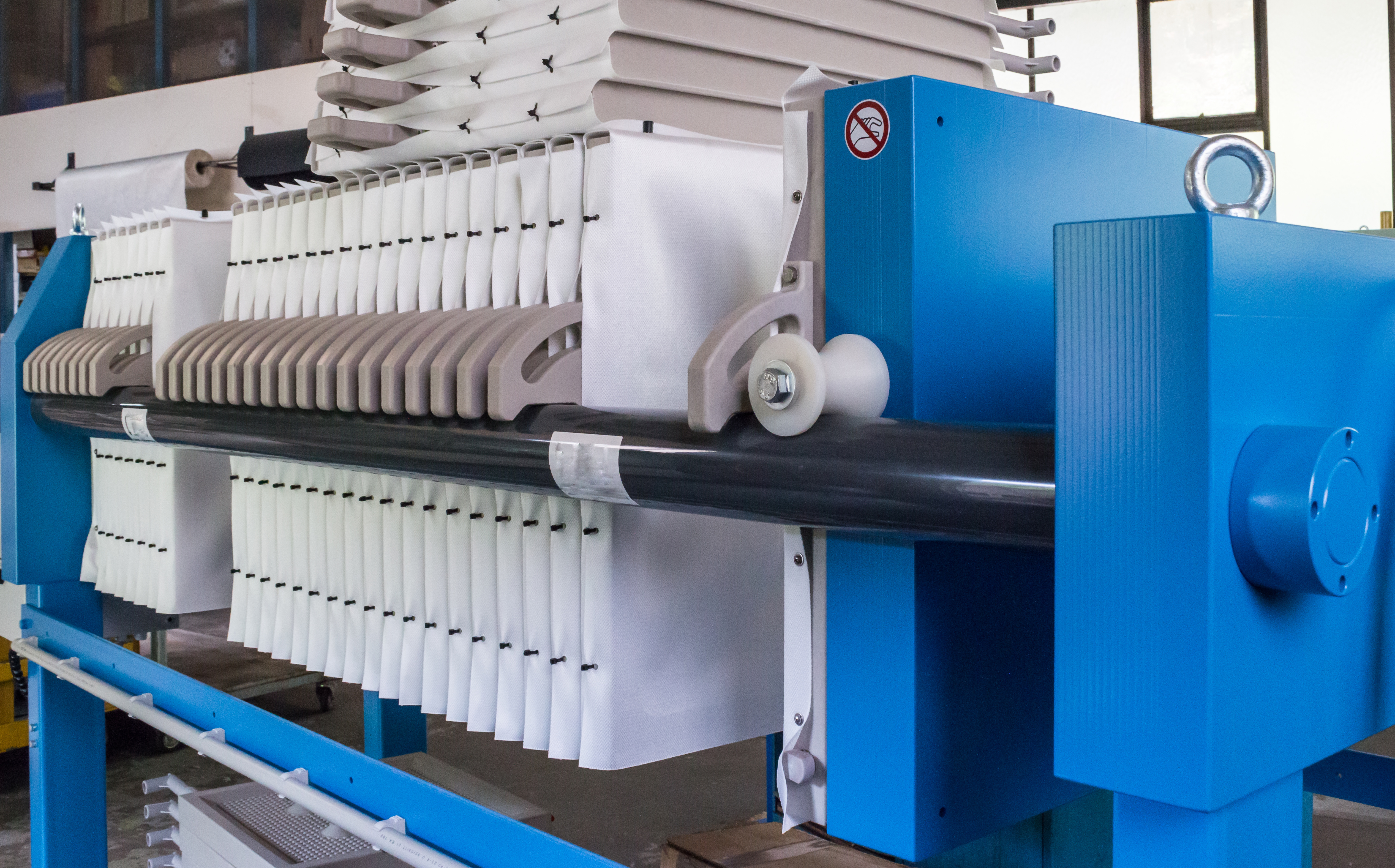FEASIBILITY STUDY FOR THE TREATMENT OF CEMENT MIXER WASHING WATER TO COMPLY WITH THE NEW ENVIRONMENTAL REGULATIONS (EA5)
ISSUE
An industrial mixer is used to prepare different types of refractory cement. During the washing cycle of the equipment, the drained water is loaded with various residuals contaminant. And therefore, the drained water can not be discharged to the municipal sewers due to the non-compliance with the new environmental regulations.
The objective of the project is to determine the treatment technology best suited to treat this rinse water so that it meets the s discharge tandards of municipal sewers.
TECHNOLOGICAL CHALLENGE
The discharged wastewater must meet environmental standards, soil protection policies and the remediation of contaminated land.
- The solution must have a cost-effective and flexible operation. the payback period should be within 12 - 18 months based on the disposal cost near $ 50,000 / year
- The sludge generated must be in solid form to be able to be recovered
RECOMMENDED SOLUTION
An assessment of the solid/liquid separation technologies allows the selection of the technology best suited to the client's application. This method is a comparative approach that considers different parameters (separation efficiency, possible increase in flow rates and charges, different constraints - operation, maintenance, budget, health and safety, etc.).
The characterization of the pulp properties, solids, the cake and the filtrates are used to size the filter. The filtration curve is used to determine the cake resistance required for the equipment design.
RESULTS
Filtration tests were carried out to select and size the filtration unit. The filter combined with the selected filters media were able to retain particles as small as 1 µm and reach a low percentage level of cake moisture. The proposed equipment is a batch operation process, fully automated which does not require any special training.

INDUSTRY
Industrial wastewater treatment
TASK PERFORMED
Concept engineering
Laboratory tests
ESTIMATED COSTS
15000$YEAR
2016